The Chronicles of Narnia, written by C.S. Lewis over six decades ago, captured the hearts of many with its powerful lessons and emotional undertones. It’s known for defining themes of forgiveness, kindness, and bravery that run throughout each book. All four Pevensie siblings display these traits, also receiving grace and forgiveness as they make missteps throughout the series. Notably, Edmund Pevensie betrays his siblings in the first book, and yet he is welcomed back into Narnia with open arms. Greta Gerwig will likely dive deeper into this dynamic soon in the upcoming Chronicles of Narnia remake.
A deeper analysis of this story reveals some glaring inconsistencies with Narnia's themes, since not every Pevensie sibling receives a similar redemption arc by the series' end. Susan Pevensie turns her back on Narnia as she ages, and while Edmund’s betrayal was easily forgiven, instead Susan is banished from the kingdom forever. Throughout the series, Narnia proves to value humility and empathy, placing importance as how overcoming personal flaws makes one stronger. Yet Susan is never granted the same forgiveness as her brother. Edmund’s redemption story laid the perfect groundwork for Susan’s, and yet she never got one.
Edmund’s Redemption Story Sets The Tone Of The Chronicles Of Narnia
Aslan Makes It Clear That Repentance Equals Forgiveness
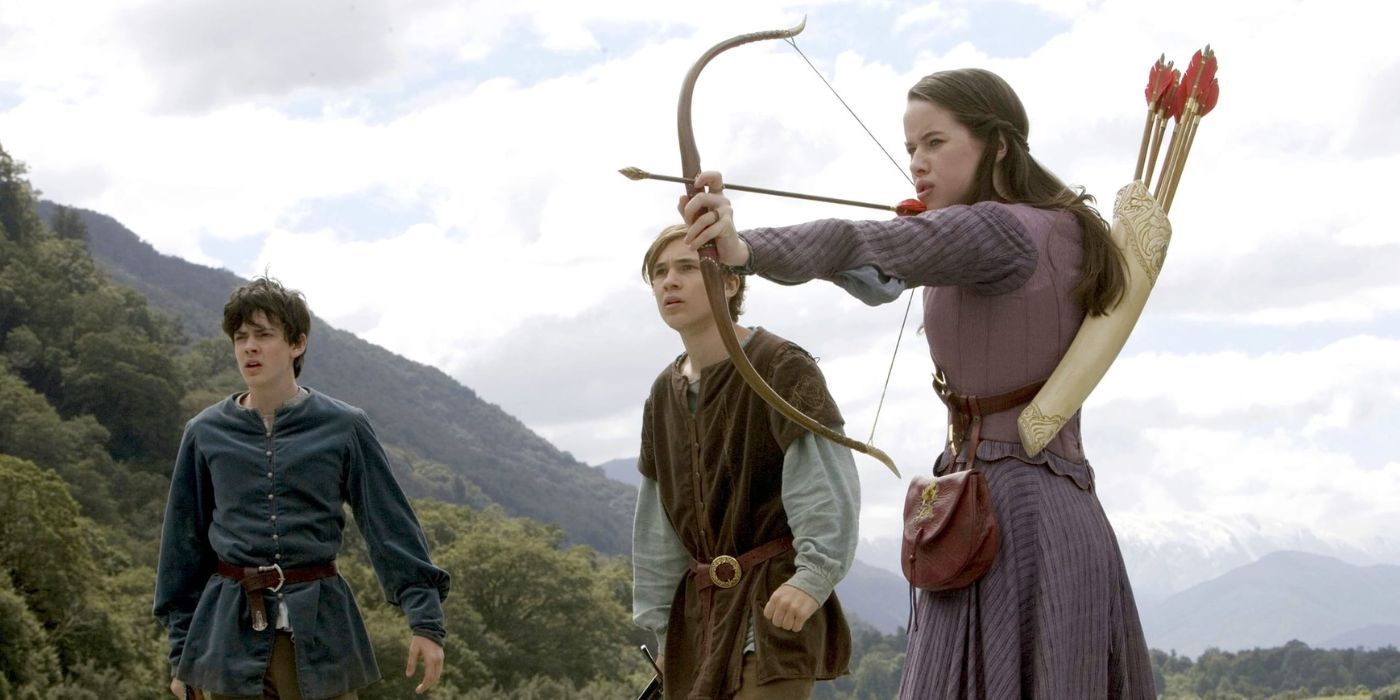
Edmund's early transformation from a traitor to king displays just how much Narnia values second chances. A boy who was once a stranger to Narnia can be forgiven for his betrayal and rise to the highest position of power instead of facing punishment. This early act of mercy from Aslan sets the stage for what could be the series' perfect resolution. After Edmund sets this theme of redemption in motion, other characters like Emeth and Puzzle the Donkey are forgiven for their weaknesses as well. Even when Emeth repents for following a false God, Aslan grants him genuine forgiveness.
“For the name of Tash has been blasphemed by you, and the name of Aslan has been dishonored by you, and in your hearts you have served me. So, you shall know me and you shall come to my home.”
Emeth’s redemption arc, combined with Puzzle the Donkey being forgiven by Aslan, actually foreshadows the children leading Narnia in the end. Despite each Pevensie sibling having personal flaws to overcome, those details contribute to the overall themes of second chances and self-acceptance. Motifs in the books lead one to believe that the children will be loved and accepted in Narnia because of the precedent set when Aslan forgives Edmund’s betrayal. It’s to be expected that children will make mistakes, yet even after lessons of mercy laced throughout the narrative, this theme doesn’t hold up when the Pevensie siblings meet a tragic end.
Narnia's Themes Of Forgiveness Should Have Earned Susan Pevensie A Better Ending
What Makes Susan So Undeserving of Redemption?
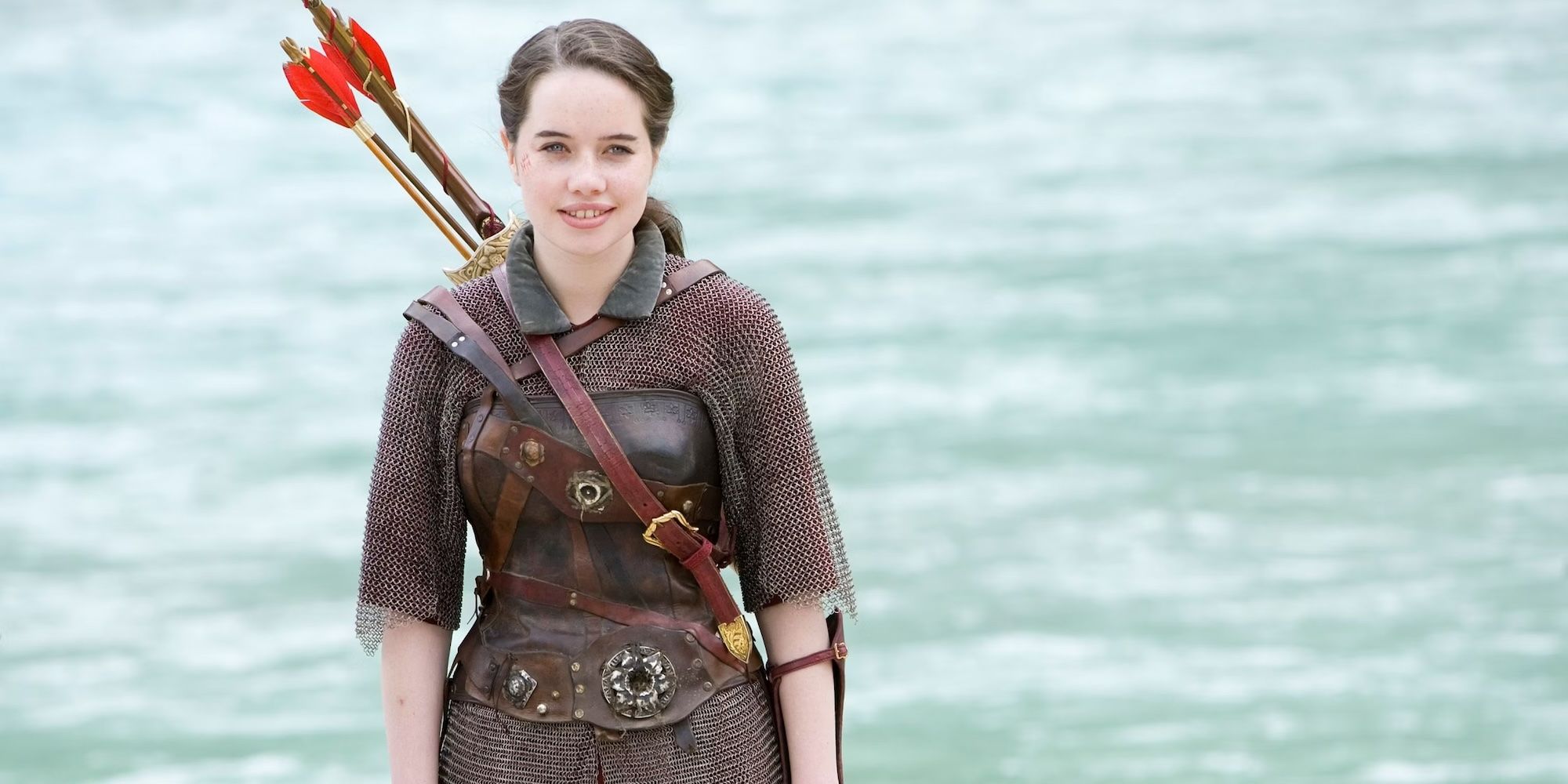
The most common complaint about The Chronicles of Narnia is the lack of consistency in this theme when it comes to giving the eldest Perversie sibling, Susan, a redemption arc. When Susan grows up, and her belief in Narnia wavers, she isn't given the same opportunity for redemption as the other characters. Despite Susan’s wavering faith (similar to Emeth and Puzzle the Donkey) she is never given the chance to ask for Aslan’s forgiveness or even understand what she did wrong in the first place. Regardless of Susan’s love for Aslan, once she’s back in the real world, Aslan abandons her.
Casting Susan out of Narnia without a second chance, and punishing her with the death of her siblings isn’t only out of character, but extremely frustrating.
Susan being completely abandoned by Aslan is an ironic ending to this series, as Aslan himself has shown time and time again that turning one’s back on him requires immense repentance before they can be forgiven. It’s clear that Aslan views wavering faith as betrayal and understands how terrible it is to be abandoned, which seems to be a harsh reality of The Chronicles of Narnia books. Due to this, casting Susan out of Narnia without a second chance, and punishing her with the death of her siblings isn’t only out of character, but extremely frustrating.
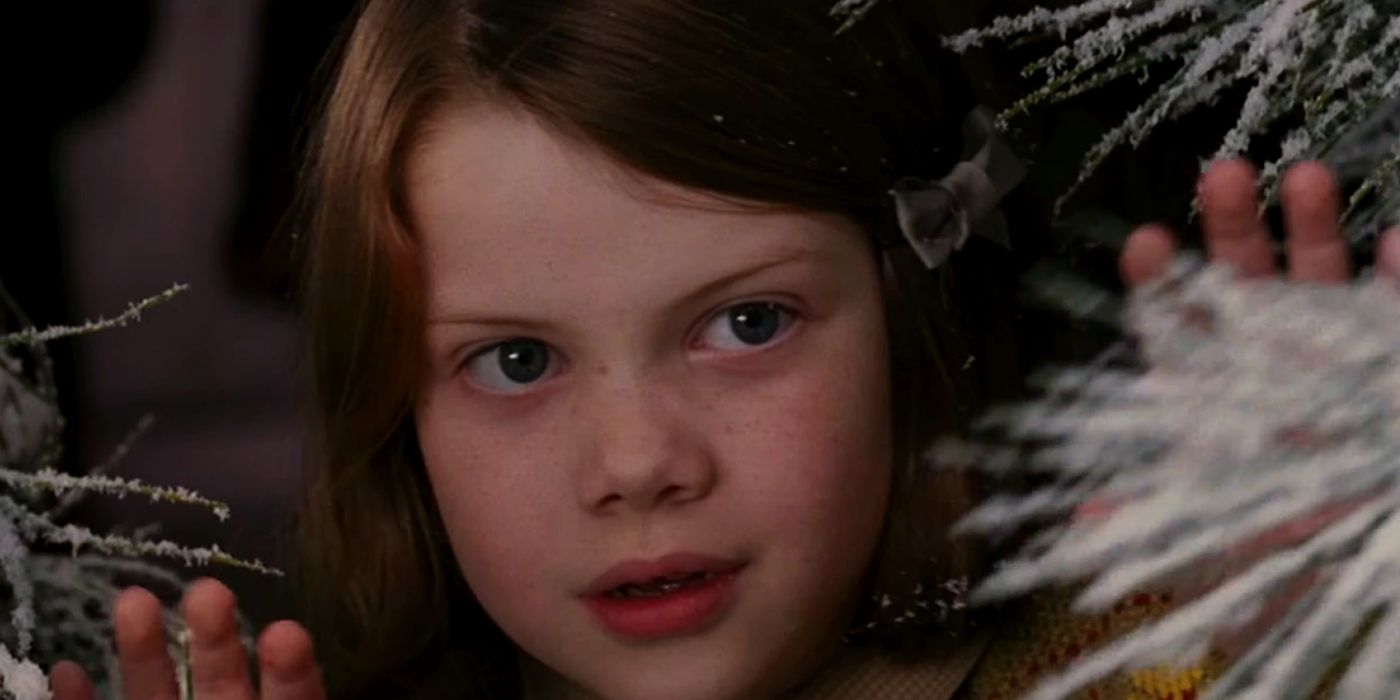
Related
Greta Gerwig's Chronicles Of Narnia Movies Can Finally Fix A Big Pevensie Problem
Greta Gerwig's upcoming The Chronicles of Narnia movies have an opportunity to solve a problem regarding the Pevensie siblings in the books.
Edmund's book one character arc should have set the stage perfectly for Susan to receive a better, more fair ending. Many even claim that Susan deserves justice in the upcoming Chronicles of Narnia remake due to how disappointing the story ended up for her. This criticism holds weight because after investing seven books in themes of love and mercy, it makes little sense that Susan would be shown neither before the series’ close. Susan was set up for a great redemption and reunion with her siblings in Narnia due to the themes the story pushed, she just got robbed of the ending she deserved.
-

The Chronicles of Narnia (1988) is a British television series that adapts C.S. Lewis's beloved fantasy novels. This series follows the adventures of four siblings who discover a magical land called Narnia, filled with mythical creatures and ruled by the noble lion Aslan.
-
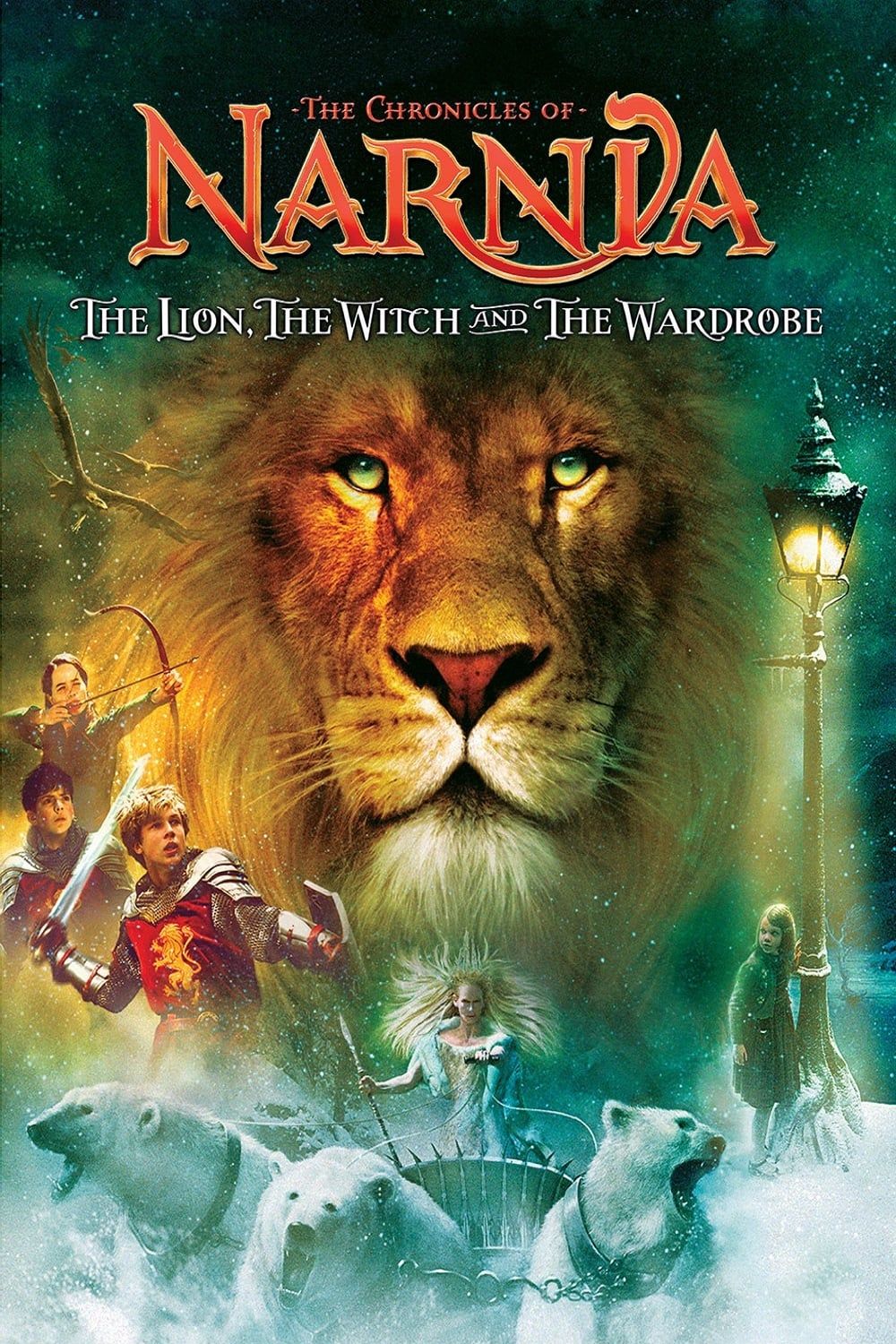
The Chronicles of Narnia
The Chronicles of Narnia is a fantasy franchise based on the seven-book series written by C.S. Lewis between 1950 and 1956. The series is set in the magical world of Narnia, where children from our world are transported to fulfill prophecies, battle evil forces, and restore peace under the guidance of Aslan, a mystical lion. The franchise has seen multiple adaptations, including a BBC television series in the late 1980s, three major Hollywood films between 2005 and 2010, and an upcoming reboot by Netflix, which has generated significant anticipation. The franchise is beloved for its rich allegorical storytelling, blending Christian themes with epic fantasy elements.

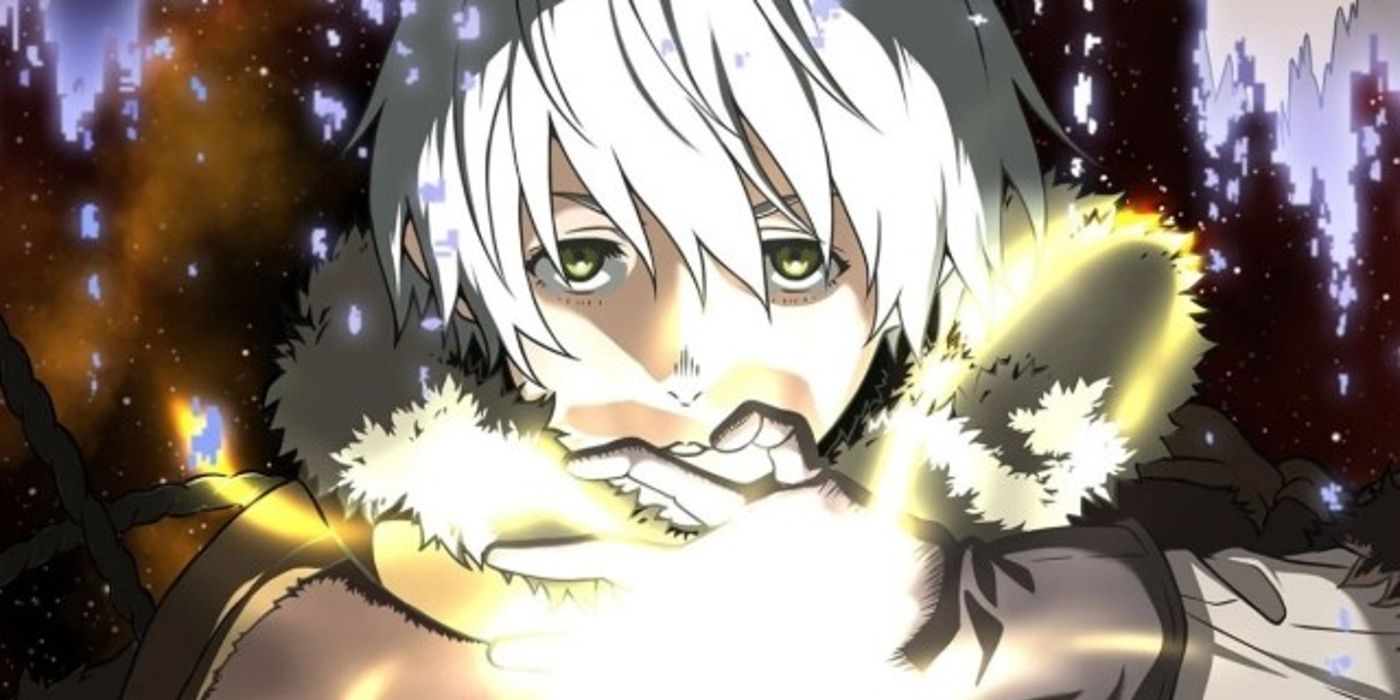
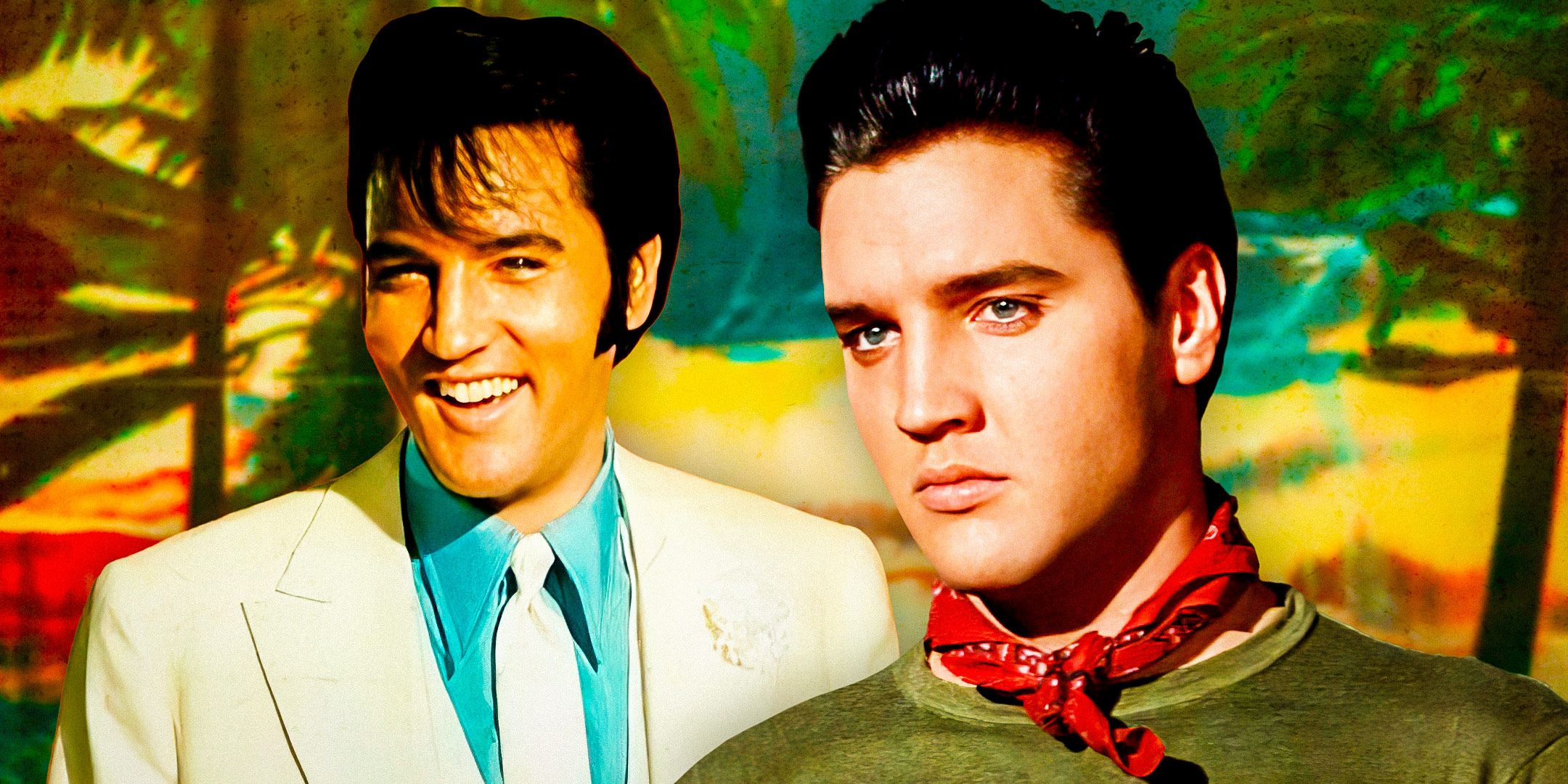



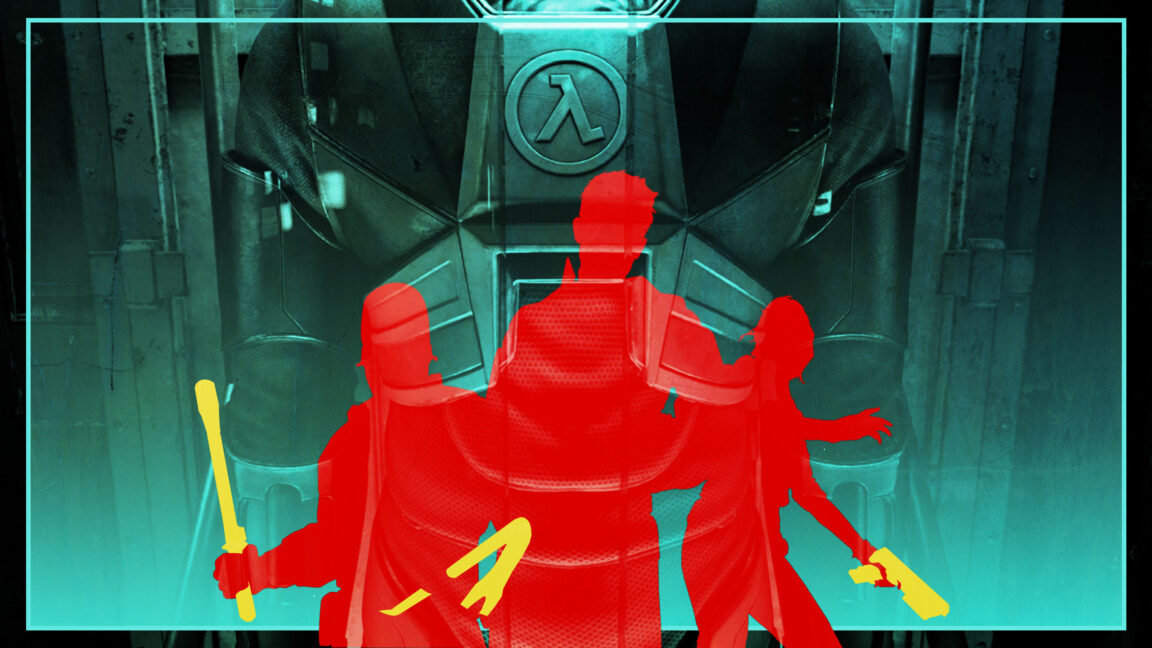

:quality(85):upscale()/2024/11/15/862/n/1922153/911b7d1c6737a4111b6008.57513343_.png)
 English (US) ·
English (US) ·